About
Real Talk Philosophy invites you to take the stage and speak for 5-15 minutes on a topic you care most about. Think of this as a mini-TED Talk (if TED-talks encouraged conversation from the audience).
Videos from past Community Voices events can be found here.
Benefits
Real Talk Community Voices presenters receive many benefits from participating:
Motivation to dive deeply into a topic, organize your thoughts, and discover what you truly believe.
Opportunity to hear what your peers think and feel about the issues you care most about.
Practice public speaking, presentation-giving, and community conversation facilitating.
Support
Real Talk Philosophy is here to support you as you prepare your presentation. Feel free to reach out with questions any time.
Process
Register to Present (above)
This can be done before you have a clear idea about your presentation.Research
Be sure to collect the sources of all your content as you conduct your research.Create Slides
Be sure to follow our Presentation Guidelines below.Complete the Community Voices Presenter’s Checklist
This can be found at https://forms.gle/mxwHfjZKFv9WB8tb8Submit
Submit your presentation for review to admin@realtalkphilosophy.orgPractice
Review the Qualities of a Successful Presenter below.Present
Presentation Guidelines
To ensure a successful presentation, every Community Voices presentation must:
Use Slides
Slides help the audience follow along. These can be created on PowerPoint, Keynote, Google Slides, Prezi, Canva, etc.Run between 1-15 minutes
This is about the limit of human attention span. This also ensures that all presenters have the opportunity to speak.Use bulleted phrases rather than complete sentences
Too much text is difficult for the audience to read. Please remove all extraneous words and put into bullet point format.Paraphrase and/or use “quotation marks”
Please do not simply copy/paste from a website. Write the content in your own words. If you do copy/paste, be sure to wrap in “quotation marks.”Cite All Sources
Everything must be cited, except content considered general knowledge. If copy/pasted, surround it in “quotation marks.”
Follow this citation format: Author, “Article Title,” Publication Title, Publication Year (e.g. John Grighton, “Aerodynamics of My Left Foot,” Uninhabited Space, 2011)Have less than 60 words per slide
This ensures that the text size is large enough for everyone to see, and that the slide is not too cluttered. ThanksDefine any tricky words
We have many philosophy novices and non-native English speakers in our audience. Do your best to simplify any complicated vocabulary for them.Have a high-quality photo on every slide
Text-only slides quickly lose audience attention. High quality images can be found at Google Images > Tools > Size > LargeClose with 1-5 discussion questions for the audience
Remember, the presentation exists primarily to contextualize a conversation that will take place between the members. RTP team is happy to help you devise powerful discussion questions.Be formatted in 16x9
This looks best on our televisions and projectors. If you need help formatting, please contact us.
Presentation Recommendations
Begin with a story
Include statistics
Check-in with the audience frequently to make sure that they understand what's being presented. “Does that make sense?”
Speak louder than you think you need to
Speak slower than you think you need to
Don’t look down at your notes the whole time. Try to make eye contact with audience members often while presenting.
Let your personality shine. This is not a rigid presentation environment. Feel free to make jokes.
Take time to pause and let the information sink in.
Include music, comics, and other delightful media.
Past Community Voices Presentation Topics
The Bible as a Romantic Love Narrative
Free Will
Doublespeak
Glancing Indirectly at the Fourth Dimension
Artificial Intelligence
The Philosophy of Balenciaga Luxury Fashion House
Is the World is Getting Better or Getting Worse?
Food Waste in Vietnam
Young Rural Migrants in Japan
Beirut's Post-War Reconstruction
Freedom of Speech
Environmental Responsibility
Structural Violence









